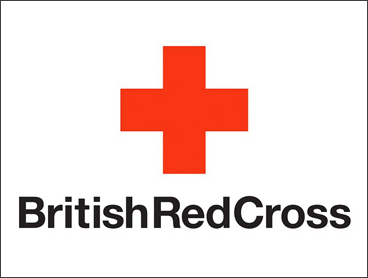Numbers using Red Cross destitution services increase by almost 1,000 in first six months of 2016
The British Red Cross announced last week that the number of refugees and asylum seekers using its destitution services has risen by 16% since the same period in 2015.
 According to the British Red Cross, 5,600 people used the services, which include the provision of food parcels, clothing and small amounts of emergency cash, between January and June 2016.
According to the British Red Cross, 5,600 people used the services, which include the provision of food parcels, clothing and small amounts of emergency cash, between January and June 2016.
Just under half (44%) of those assisted by the Red Cross in 2016 were from Sudan, Eritrea, Iran, Syria or Iraq.
Ages of those helped ranged from under 1-year-old to 81, while 15% of those helped had refugee status.
Alex Fraser, Director of Refugee Support at the British Red Cross, said: "No one should flee the war in Syria or political persecution in Eritrea, only to become destitute in the UK. But for many, reaching safety is far from the end of their journey.
"With the number of people fleeing conflict and persecution worldwide at an all-time high, our government should be doing all it can to uphold its responsibilities to refugees. However, these figures show that all too often people are let down by an asylum system that is inflexible and difficult to access."
Research carried out by the Red Cross in South Yorkshire has found that amongst asylum seekers with no recourse to public funds, two-thirds experience repeated hunger on a regular basis, with a quarter experiencing it every day. Over 60% had no fixed accommodation, and were therefore reliant on informal networks or relatives, friends or other acquaintances for a place to sleep at night. Over half reported worsening health over the last year.
Destitution is seen across the UK, with the Red Cross saying the highest numbers supported are in Leicester, London and Cardiff.
The Red Cross defines an individual as destitute if they don’t eat sufficiently, have no fixed abode, cannot afford essential items (such as clothes and toiletries) and/or are experiencing worsening health.